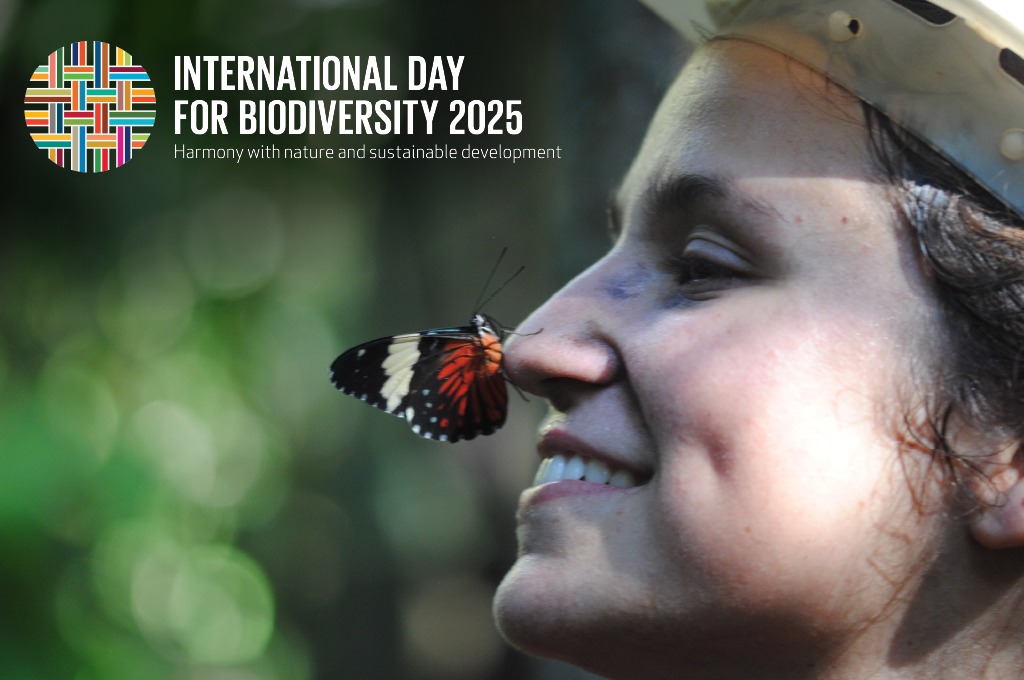DDLS Data Science Nodes to be launched
The SciLifeLab board has appointed four national Data Science Nodes (DSNs) as part of the DDLS initiative. The four nodes, one for each DDLS research area, will coordinate and develop national services for databases and data support as well as bioinformatics support to the Swedish research community. Together with the other parts of the DDLS program, the Data Science nodes will play a key role in implementing Data-Driven Life Science in Sweden and in strengthening the national coordination of data in the life science field.
The SciLifeLab and Wallenberg National program for Data-Driven Life Science (DDLS) was launched in 2020, supported by generous funding from the Knut and Alice Wallenberg Foundation (KAW). The 12-year initiative is hosted by SciLifeLab and it will support data-driven life science in Sweden focusing on four strategic research areas (RAs): Cell and Molecular Biology, Evolution and Biodiversity, Precision Medicine and Diagnostics, and Epidemiology and Biology of infection.
Earlier this year, the DDLS program announced an Expression of interest (Eoi) call for the 11 DDLS partner organizations, Chalmers, KI, KTH, LiU, LU, SU, SLU, UmU, GU, UU, and NRM, to host four national Data Science Nodes (DSNs). DSNs provide national data services and bioinformatics support (WABI) for each of the four DDLS research areas, and coordinate data related activities across the country.
“We are very excited to launch the DSN concept. Based on external peer review and extensive preparations, the board made this important long-term decision on national responsibilities in the DDLS program”, says SciLifeLab Director, Olli Kallioniemi. “DSN is a key element of the data support package for DDLS, and it will in many ways contribute towards changing the way that life science is practiced in Sweden in the future. The nomination of a DSN is an opportunity for each university selected to host it, but we also want to emphasize that it is a big national responsibility. We look forward to working together with each DSN in order to create fantastic new national opportunities in data-driven science”.
Based on input from an external review panel, the board of SciLifeLab decided to appoint Uppsala University as a host for the DSN for Evolution and Biodiversity, Umeå University for Epidemiology and biology of infection, Chalmers University of Technology for Cell and Molecular Biology, and Karolinska Institutet for Precision medicine and diagnostics.
“Across Sweden, large quantities of valuable data related to infectious diseases remain invisible and fragmented. Umeå University will build on its existing strengths in multidisciplinary computational analysis and data-driven infection research, through the Laboratory for Molecular Infection Medicine Sweden (MIMS), the Swedish node in the Nordic EMBL Partnership for Molecular Medicine, already with a national agenda and strong links to international partners”, Says Johan Trygg (UmU). The new nodes will engage with the SciLifeLab Data Centre and the SciLifeLab bioinformatics platform (NBIS), and contribute services and scientific content to the DDLS Data Platform. The DSNs will receive input from the research area leads and expert groups. DSNs therefore provide a technical environment for data-driven life science with tools, systems, databases, support functions, and other components linking up data, researchers and e-infrastructures.
“The Data Science nodes will strengthen our ability to work in a coordinated way across the country, with the life science community, for the community”, says Johan Rung at the SciLifeLab Data Centre. “This will enable us to increase the support to the data-driven life science in Sweden, but also to provide a national platform where community developed services, research results and data can be made openly available.”





